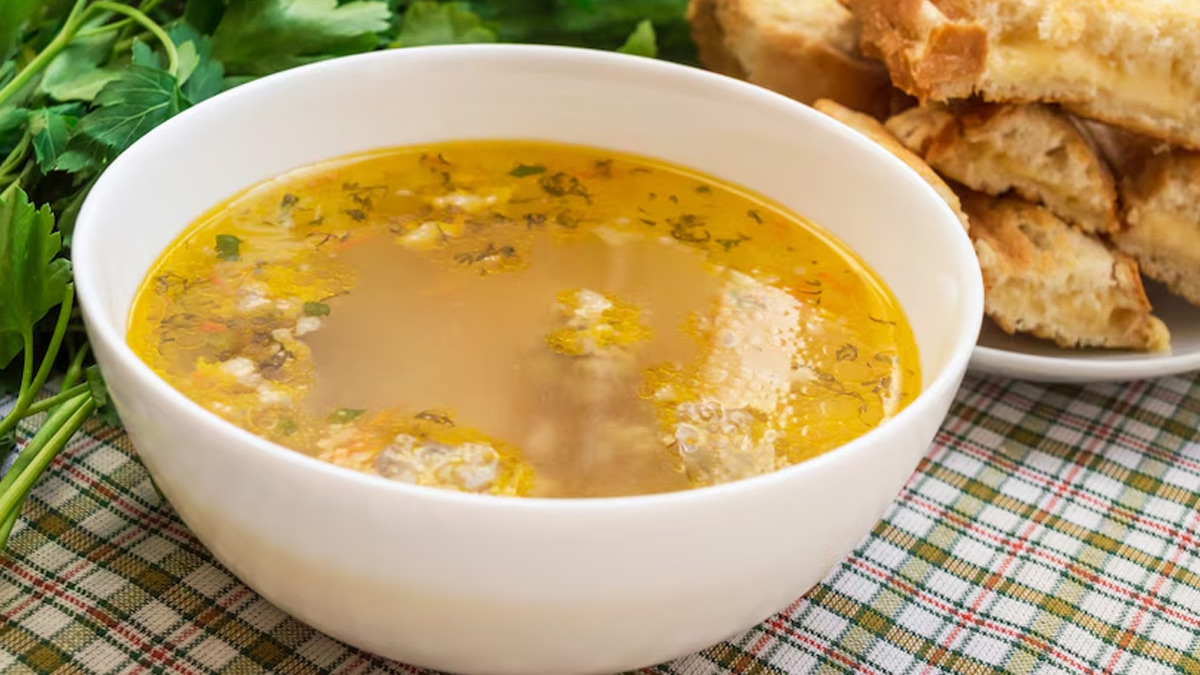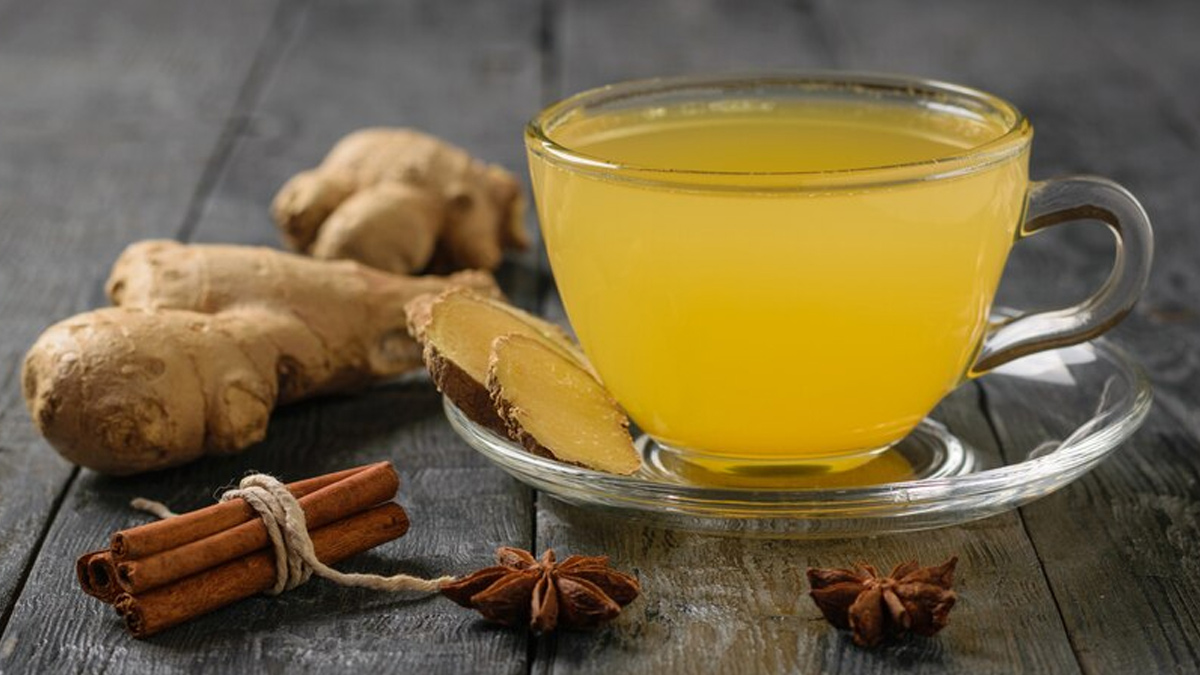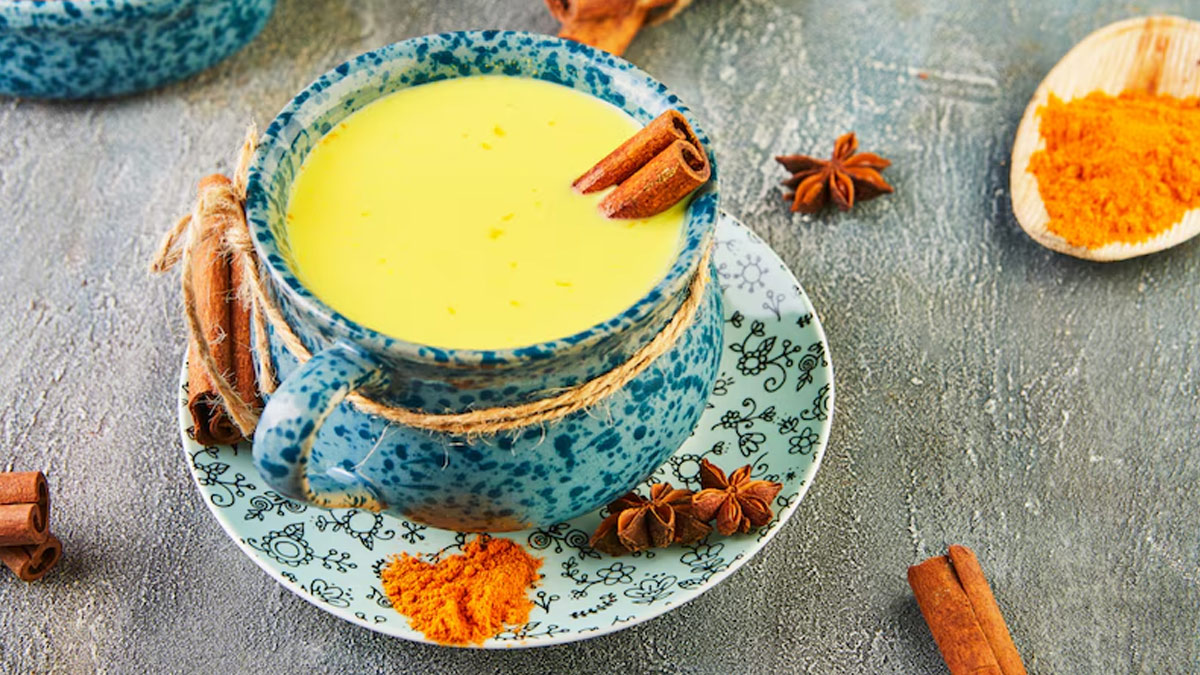
Winter often comes with its fair share of sneezes, sniffles, and the dreaded seasonal cold. While the pharmacy shelves are stocked with remedies, many prefer to turn to comforting home cures that have stood the test of time. From the nourishing warmth of chicken soup to the soothing effects of a hot toddy, these remedies are not just folklore but are supported by science. Let’s explore some of the best home remedies to keep the winter bug at bay.
Table of Content:-
1. Chicken Soup

For generations, chicken soup has been a go-to remedy for colds, and it’s more than just a comforting tradition. Research published in the journal Chest highlighted that chicken soup may help reduce inflammation in the upper respiratory tract. The warmth of the soup clears nasal congestion, while its nutrients, including proteins and electrolytes, aid in boosting immunity.
Moreover, chicken soup is hydrating and provides essential energy to those feeling under the weather. Adding ingredients like garlic, which has antimicrobial properties, and ginger, known for its anti-inflammatory effects, can further enhance its healing potential.
2. Hot Toddy

The hot toddy—a mix of warm water, honey, lemon, and a splash of whisky—has long been a favourite remedy for winter ailments. While it should be consumed in moderation, the components of a hot toddy make it effective. Lemon provides vitamin C, which is crucial for immune function, while honey soothes a sore throat. The whisky acts as a mild sedative, helping you relax and sleep better, essential for recovery.
A study published in Pulmonary Pharmacology & Therapeutics supports the use of honey in alleviating cough symptoms, often comparable to over-the-counter medications. For a non-alcoholic alternative, simply omit the whisky.
Also read: What Should You Eat When You Are Down With Cold And Flu? Expert Shares
3. Ginger Tea

Ginger tea is another potent remedy for winter illnesses. Known for its antiviral and antibacterial properties, ginger helps combat the viruses that cause colds and flu. It also alleviates nausea and soothes irritated throats.
Grating fresh ginger into hot water and adding honey and lemon creates a healing brew. Research in the Journal of Ethnopharmacology reveals that ginger has significant anti-inflammatory effects, reducing pain and inflammation associated with colds.
4. Steam Inhalation

Steam inhalation is a simple yet effective way to relieve nasal congestion and clear mucus. Adding essential oils like eucalyptus or peppermint to the steaming water enhances its decongestant effects. The warm vapours open nasal passages and soothe irritated respiratory tissues.
A study in Respiratory Medicine found that steam inhalation could provide temporary relief for nasal symptoms, making it an excellent addition to your cold-fighting arsenal.
Also read: Wet Hair Can Make You Sick: Doctor Says It’s A Myth
5. Vitamin C-Rich Foods
Oranges, kiwis, and bell peppers are high in vitamin C, a key nutrient for immune defence. Regular consumption of vitamin C-rich foods may reduce the duration and severity of colds. A meta-analysis in the Cochrane Database of Systematic Reviews confirmed that vitamin C supplementation slightly shortened cold duration, though it is most effective when taken regularly rather than after symptoms appear.
Incorporating these foods into your diet during winter can act as a preventative measure against the season’s illnesses.
6. Turmeric Milk

Turmeric milk, also known as golden milk, combines the immune-boosting properties of turmeric with the soothing warmth of milk. Curcumin, the active compound in turmeric, has powerful anti-inflammatory and antioxidant properties.
A warm glass of turmeric milk before bed can help reduce symptoms like sore throat and body aches. Adding a pinch of black pepper enhances curcumin’s absorption, making the remedy even more effective.
7. Hydration: The Unsung Hero
While winter may not make you feel as thirsty as summer, staying hydrated is crucial. Warm herbal teas, broths, and plain water help keep mucus thin and easy to expel. Proper hydration also supports the immune system in its fight against infections.
Conclusion
Home remedies provide comfort and relief, complementing medical treatment for winter bugs. Chicken soup’s healing warmth, hot toddy’s soothing effects, and ginger tea’s antiviral properties are just a few examples of how nature’s pantry can offer respite. Coupled with adequate hydration and nutrient-rich foods, these remedies can help you stay healthy and recover faster. However, if symptoms persist or worsen, it’s essential to consult a healthcare professional.
Also watch this video
Read Next
How Herbal Teas Can Help You Fight Pollution And Keep You Warm This Winter, Expert Explains
How we keep this article up to date:
We work with experts and keep a close eye on the latest in health and wellness. Whenever there is a new research or helpful information, we update our articles with accurate and useful advice.
Current Version